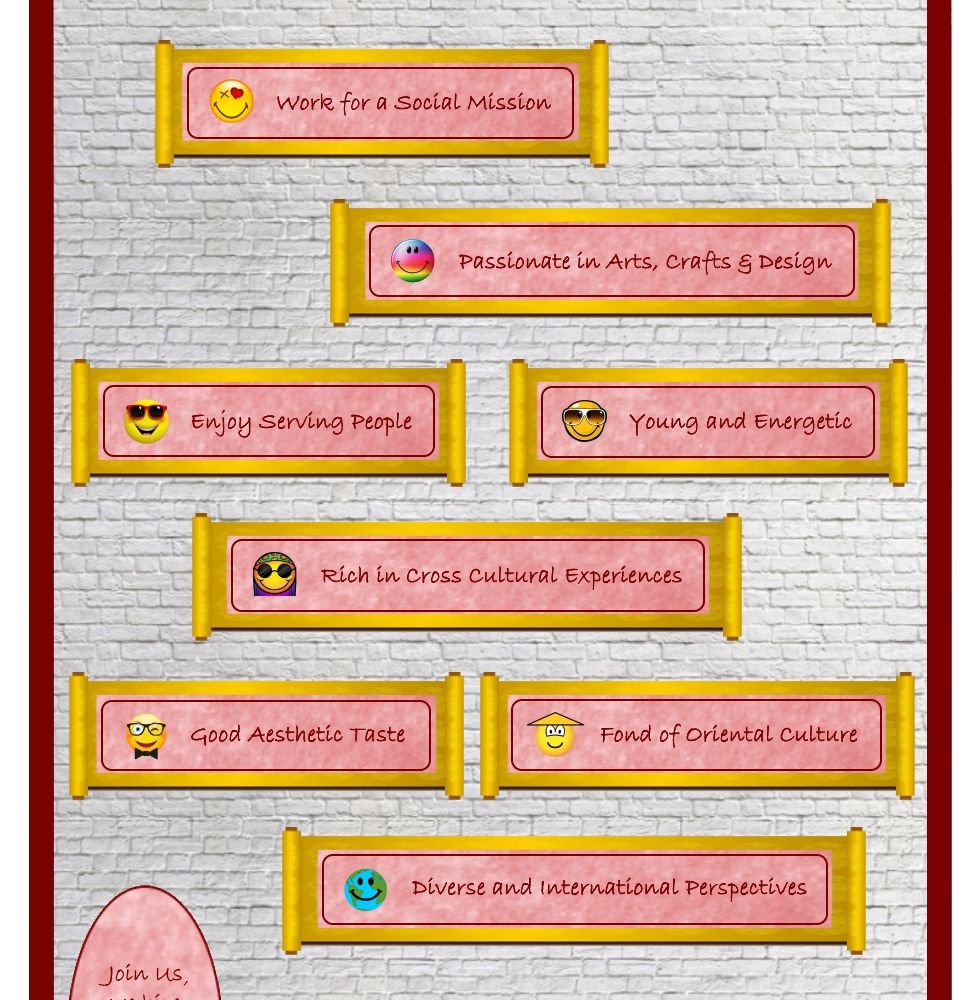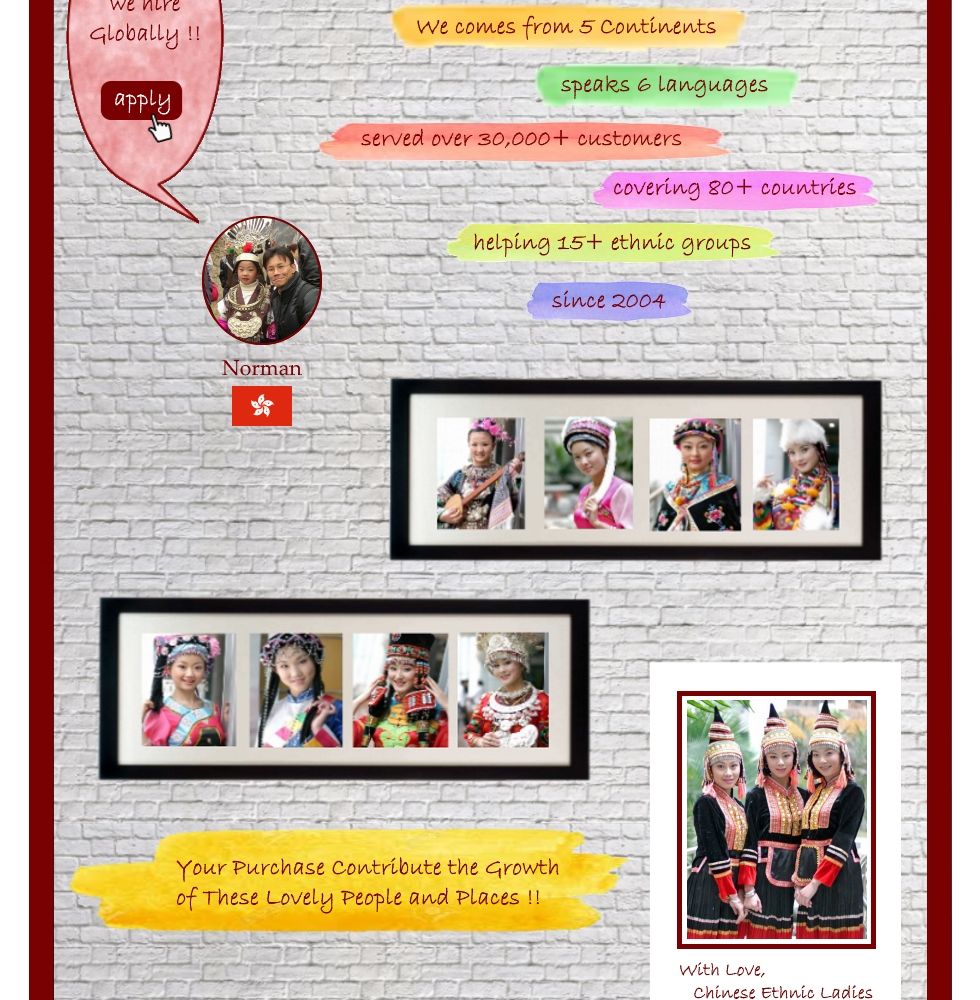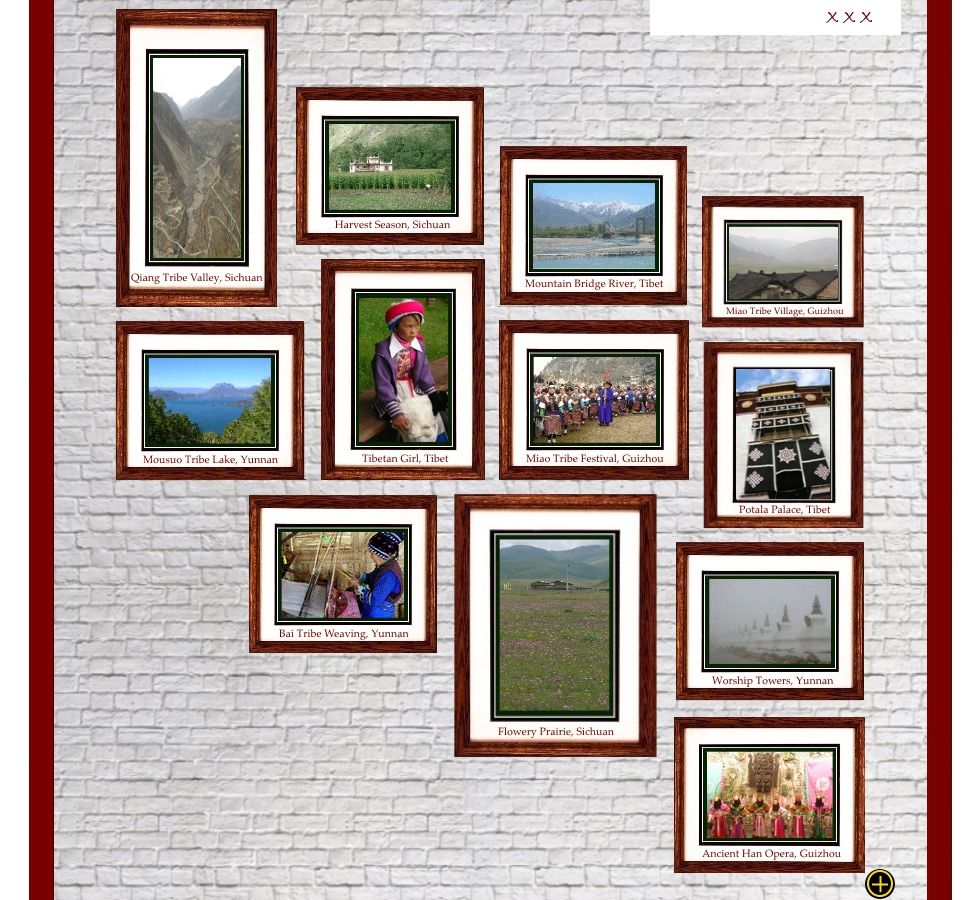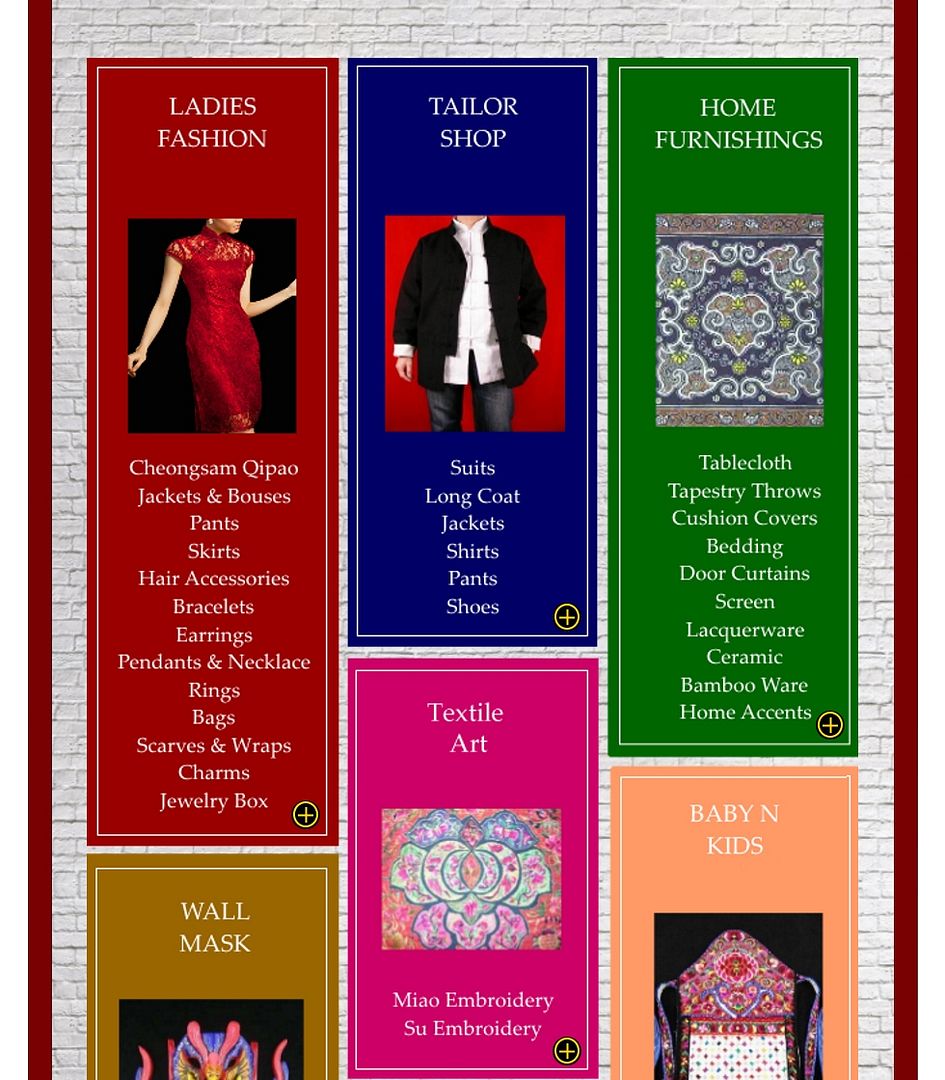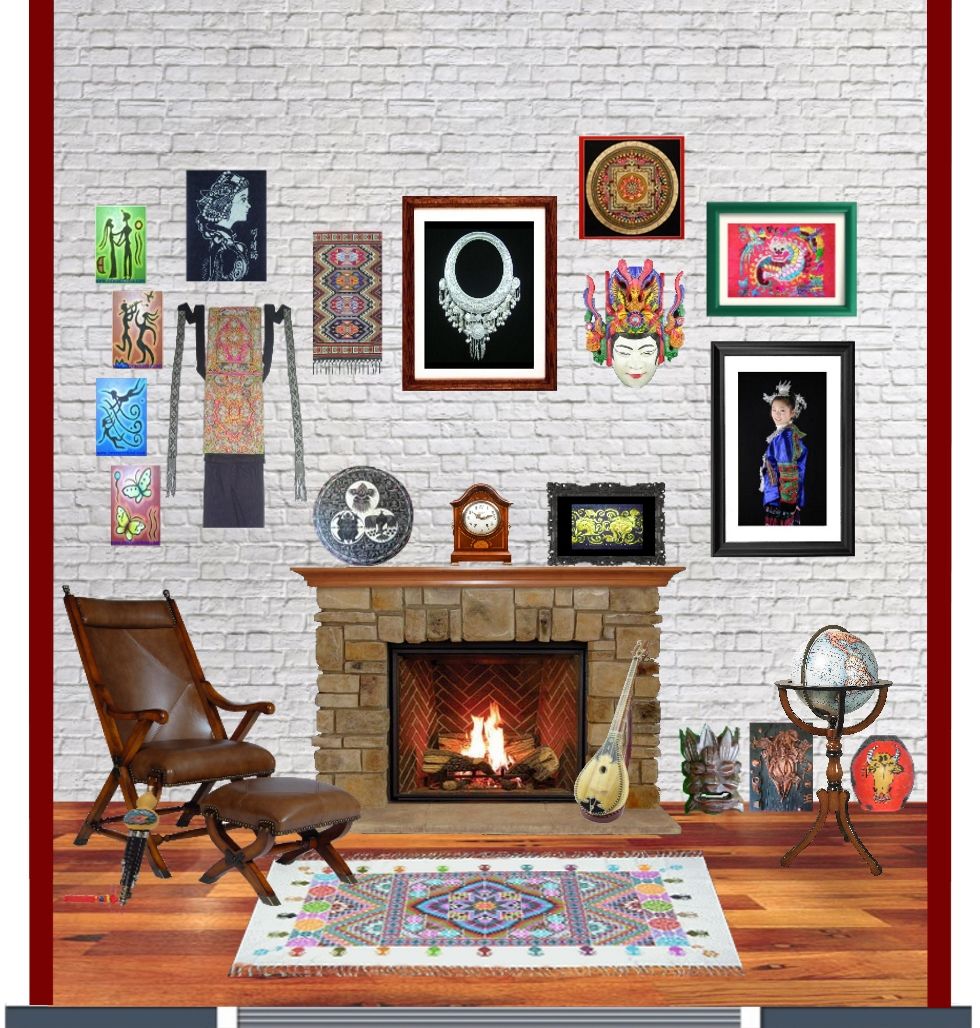Dutar -Xinjiang Uyghur Musical Instrument
9th Jun 2017
Dutar is a two string pear-shaped long-necked lute from western China, played by the Uyghur and Uzbek people of Xinjiang Province.
Dutar ( Dutor or Dotar ) is the main plucked instrument all over Central Asia. It can be found in many different shapes and styles, but Uyghur Dutar is the largest in form, and Kashgar Dutar is the typical style. It is used to accompany singing and dancing and also can be an instrument of virtuosity.
The Origin
Although western ethnomusicologists state that these instruments came from the Persian Dutar or Dotar (originally a two-string instrument but now with four strings), the Uyghur people say that the Persian instrument descended from theirs. In Persian, the term Dutar or Dotar means two strings with Do or Du meaning two, and tar meaning string. It is interesting to note the number of instrument names that contain the term tar, e.g. Sitar comes from the Persian Setar or four strings and the guitar.
Composition
Usually Dutar are carved from a single block of wood, but both the large Dutar of the Uzbeks and the Uyghurs are made of staves. The Uyghur Dutar has two gut or raw silk strings, and gut frets. It comes in a number of sizes ranging from 1 to 3 meters or 3 to 6 feet in length.
Body
The body of the Uyghur Dutar is made from separate ribs (usually mulberry wood), glued together with often a narrow half round strip on the outside of the joins (slightly raised). The flat front is also made of thin mulberry wood. There is no sound hole.

Neck

The long thin neck (mulberry or apricot) includes the straight peg box. The frets are made of 4-windings of nylon strings and tied-on in half diatonic scale. There is no groove at the side. There are two flat T-shaped friction pegs, one on the front, and one on the left. The two silk strings run over a small loose bridge to a bit of wood at the edge of the body.
 The neck is often highly decorated with inlay bone or black and white plastic nowadays in squares, triangles, lines. The top of the ribs have triangle inlays, together forming a kind of wind rose. The entire instrument except the front is varnished.
The neck is often highly decorated with inlay bone or black and white plastic nowadays in squares, triangles, lines. The top of the ribs have triangle inlays, together forming a kind of wind rose. The entire instrument except the front is varnished.
Playing

Dutar has a warm, dulcet tone. It is played in folk and Uyghur classical music On Ikki Maqam or the Twelve Maqam. Dutar remains a very popular instrument amongst the Uyghur people, and it can be found in many Uyghur households.

Left hand playing is with two fingers for the first string and the thumb for the second string. The right hand plays often in a rhythmic fashion with a different finger for each beat. But also normal strumming with the index finger is done. Although some players play solos on the Dutar, it is mainly used to accompany songs.’
by Xiao Xiao @ InteractChina.com
About Interact China
-----------------------------------------------------------------------------------------------------------------------------
"A Social Enterprise in E-commerce Promoting Oriental Aesthetic Worldwide"
Aileen & Norman co-founded Interact China in 2004 with specialization in fine Oriental Aesthetic products handmade by ethnic minorities & Han Chinese. Having direct partnerships with artisans, designers, craft masters and tailors, along with 10 years solid experience in e-commerce via InteractChina.com, we position well to bridge talented artisans in the East with the rest of the world, and bring you direct finely selected products that are of good quality and aesthetic taste.
So far we carry 2000+ goods covering Ladies Fashion, Tailor Shop, Home Furnishings, Babies & Kids, Painting Arts, Textile Arts, Carving Arts, Tribal Jewelry Art, Wall Masks and Musical Instruments. Our team speak English, French, German, Spanish and Italian, and serve customers worldwide with passion and hearts.
-----------------------------------------------------------------------------------------------------------------------------
P.S. We Need People with Similar Passion to Join Our Blogging Team!
If you have passion to write about Oriental Aesthetic in Fashion, Home Decor, Art & Crafts, Culture, Music, Books, and Charity, please contact us at bloggers@interactchina.com, we would love to hear from you!












